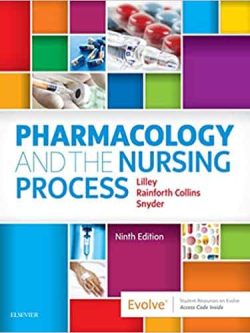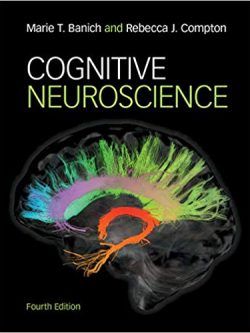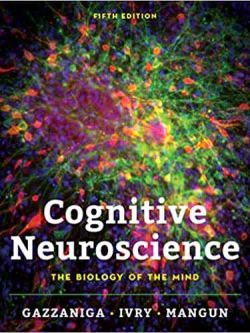Specifications
| book-author | Mark A. Riddle, Jane Meschan Foy, Rebecca A. Baum, Stanley I. Fisch, Lynne C. Huffman, David Pruitt |
|---|---|
| publisher | American Academy of Pediatrics |
| file-type | |
| pages | 225 pages |
| language | English |
| asin | B077Q3VGL8 |
| isbn10 | 1581102755; 1581102755 |
| isbn13 | 9781581102758/ 978-1581102758 |
Book Description
This ebook; Pediatric Psychopharmacology For Primary Care (PDF) by Mark Riddle will teach you to confidently prescribe; monitor; and manage medications for childhood mental health disorders.
This game-changing resource from the American Academy of Pediatrics (AAP) arms you with a unique strategic approach – plus practice-tested; condition-specific treatment recommendations. Obtain clear guidance on dosing; monitoring; and potential adverse reactions of psychotropic medications for treatment of common psychiatric disorders and mental health or behavioral problems in children and adolescents.
Evidence-based conceptual framework A clear; straightforward methodology – based on current research and clinical experience – defines discrete levels of psychotropic agents and spells out level-specific roles and responsibilities. Group 1:Medications FDA-approved for youth for ADHD; anxiety; and depression – disorders for which pediatric primary care providers commonly initiate treatment and assume prescribing and monitoring responsibilities.
Administration and management information for each drug agent includes:
- Rationale for use
- When to consult or refer
- Measuring therapeutic success
- Evidence supporting efficacy and safety
- Initial dosing and subsequent adjustments
Group 2: Medications FDA-approved for youth; typically prescribed by specialists but often monitored in the primary care setting: mood stabilizers; antipsychotics; anxiolytics; antidepressants; and sleep aids. To support primary care clinician’s collaborative role; usage rationales; efficacy data; and adverse effect profiles are specified for all of these agents.
Group 3: Medications not FDA-approved for youth that primary care clinicians will likely encounter. To support primary care clinician’s collaborative role; efficacy data and adverse effect profiles are specified for these agents.
Proven; practice-focused guidance. Hands-on help spanning the therapeutic process:
- Informed consent
- Managing side effects
- Monitoring patient progress
- Identifying medication needs
- Managing multiple medications
- Assessing for common disorders
- Assessing for common disorders
- Stopping or changing medications
- Assessing for psychiatric comorbidities
NOTE: This product only includes the ebook Pediatric Psychopharmacology For Primary Care in PDF. No access codes included.














Reviews
There are no reviews yet.